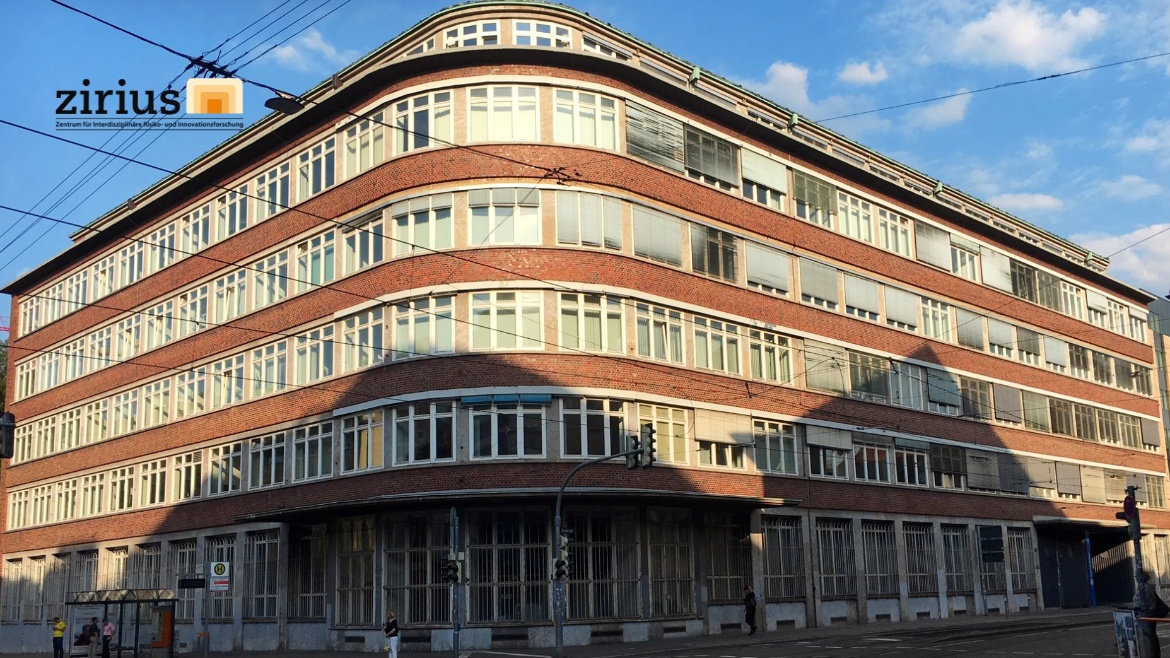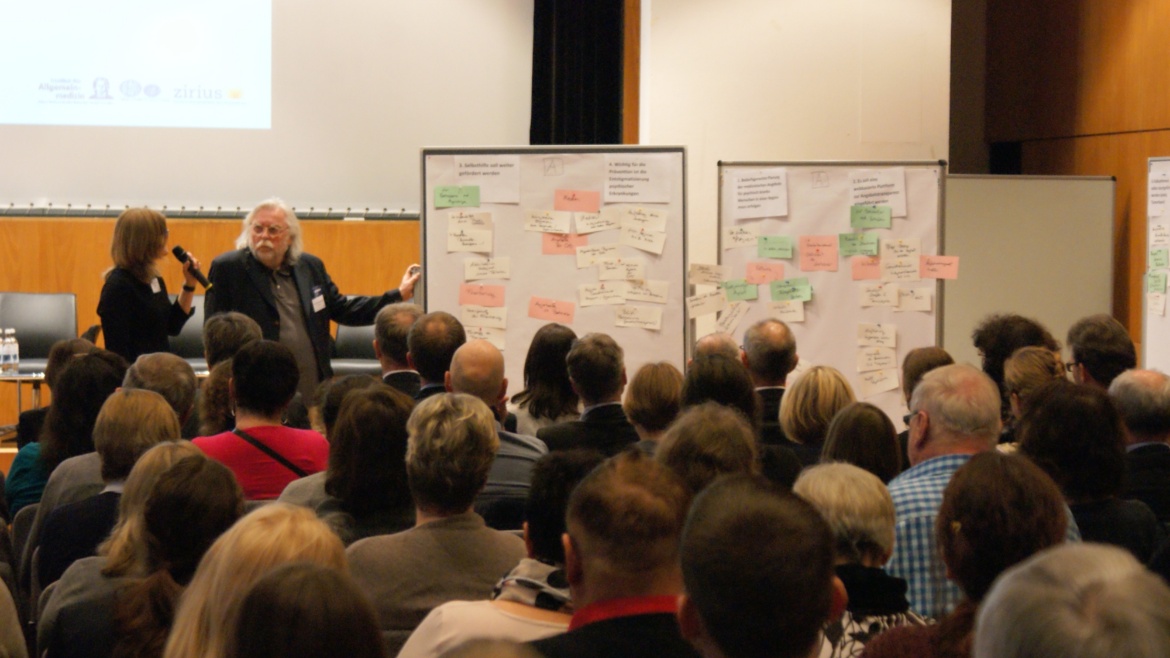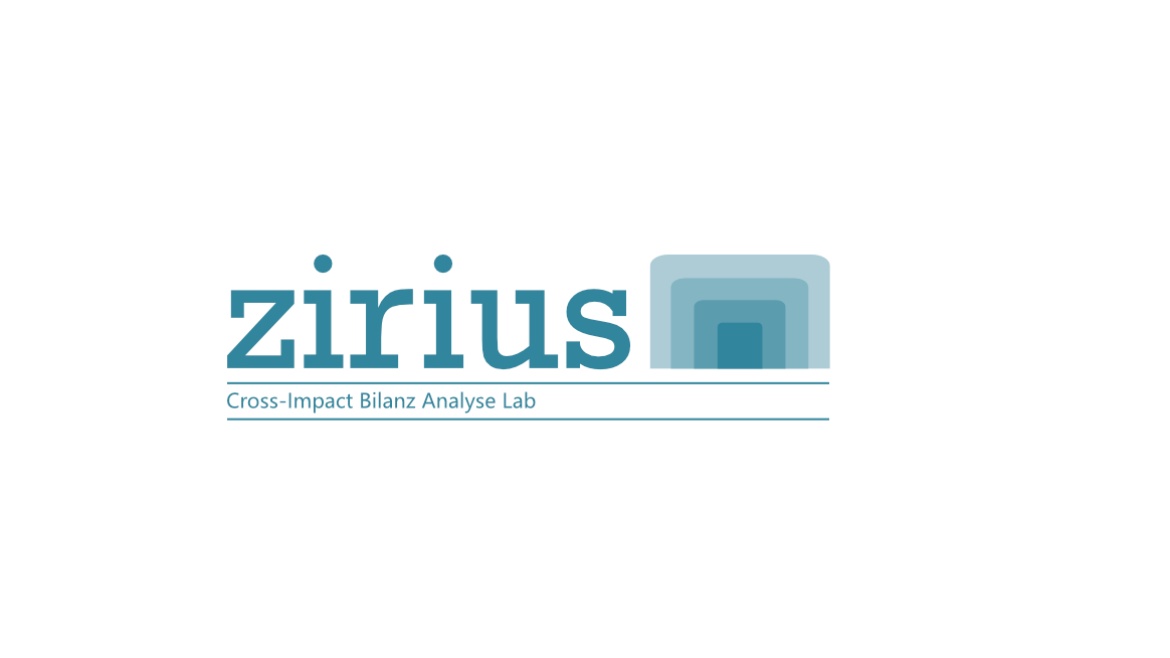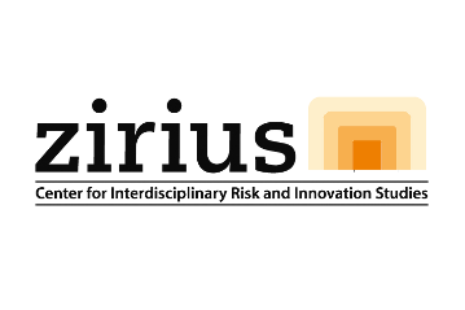The Center for Interdisciplinary Risk and Innovation Studies (ZIRIUS)
... is a cross-departmental research center at the University of Stuttgart. At ZIRIUS, scholars from various disciplines, such as sociology, political science, psychology, economics or engineering, conduct research in the field of science, technology, and democratic governance for a sustainable society.
News
Contact
Secretariat
Seidenstr. 36, 70174 Stuttgart, 3. OG - rooms 3.019/ 3.021
Sabine Mücke
Office

















